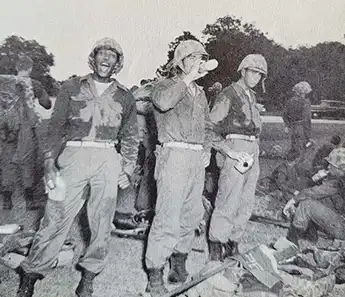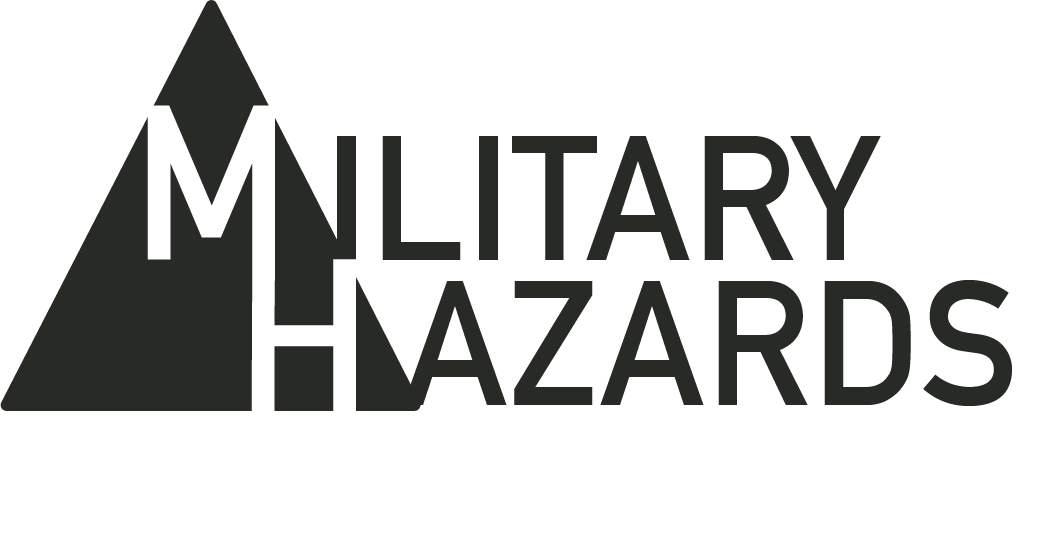Contact Our Legal Partner
"*" indicates required fields

When we think about military hazards, it is important to address not only the risks associated with the battlefield but also those risks that arise within military bases themselves. Camp Lejeune is a prominent Marine Corps base located in North Carolina and has been grappling with some significant environmental challenges. Specifically, water contamination. In this post, we take a closer look into the issue of Camp Lejeune water contamination,we will examine its causes, briefly explore the implications it has on the health of our military service members, local communities, and the environment, and the ongoing efforts that have been implemented to address these critical concerns.

What is the Camp Lejeune Water Contamination Problem:
- Camp Lejeune’s water contamination issue stems from the presence of hazardous substances, including industrial solvents and volatile organic compounds, that infiltrated the base’s water supply for decades. The contamination was caused by problematic disposal practices and leaking storage tanks, which lead to a multitude of health concerns for military personnel, their families, and the communities surrounding Camp Lejeune.
Concerns:
- The exposure to contaminated water at Camp Lejeune has had severe health consequences for those who lived or worked on the base during the period of contamination. The affected population faced an increased risk of developing various diseases, including certain types of cancer, neurological disorders, and reproductive problems. Understanding the long-term health implications and providing support to those affected is particularly important to adequately address the fallout attributed to this specific hazard.
Accountability:
- Camp Lejeune’s water contamination issue prompted a comprehensive response from government agencies, the military, as well as the communities that were affected. The U.S. Department of Veterans Affairs (VA) even established an assistance program to help support those individuals affected by Lejeune’s water contamination. Additionally, rigorous testing, monitoring, and remediation efforts have been undertaken to ensure safe drinking water for current and future residents of the base.
Lessons Learned:
- The Camp Lejeune water contamination incident reminds us of the need for strict environmental management both on and off of military bases. It underscores the importance of remaining proactive, and taking steps to regularly monitor water sources, employ rigorous disposal protocols, and establish prompt response measures to isolate and contain any suspected contamination. By applying the lessons learned from Camp Lejeune, military installations worldwide can strengthen their environmental safeguards and protect their personnel and surrounding communities from the harm such contamination has been known to cause.

The Camp Lejeune water contamination incident stands as a sobering example of the hazards that can arise from within military bases. By acknowledging the causes, understanding the implications, and taking action to address contamination, Camp Lejeune has been working hard to support those affected and prevent similar incidents from happening in the future. The lessons learned from this environmental disaster have only improved environmental management practices across military installations and have ensured the health and safety of our military personnel, their families, and local communities.
